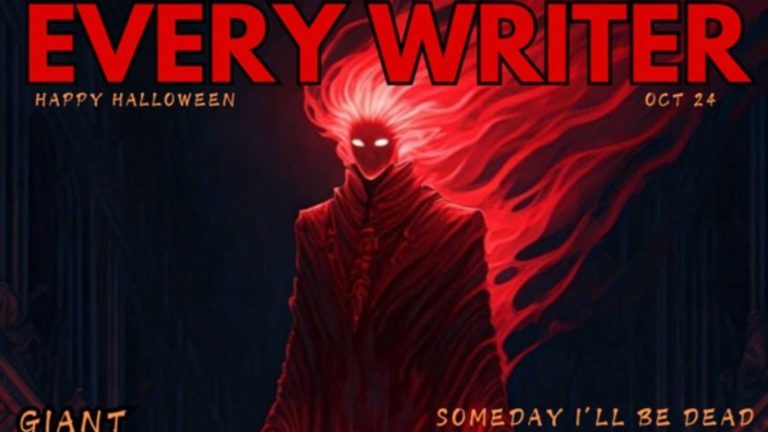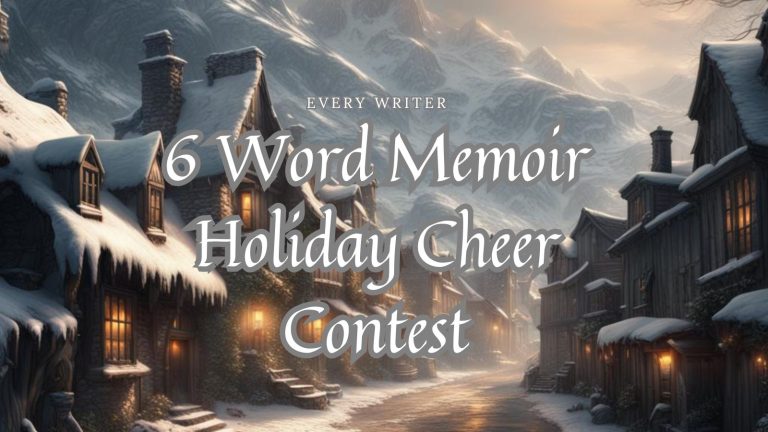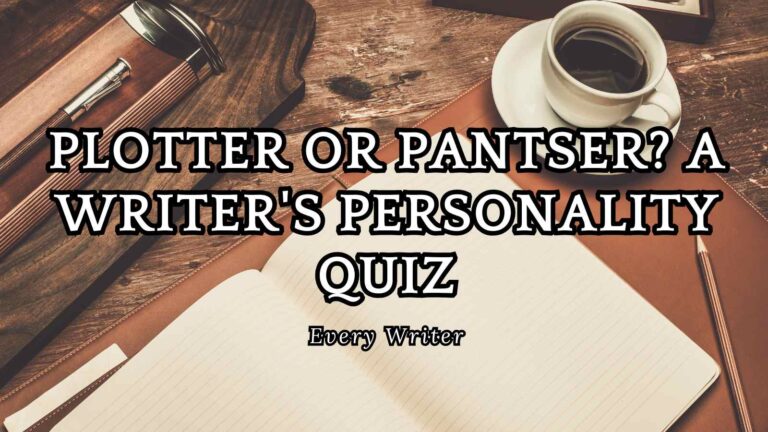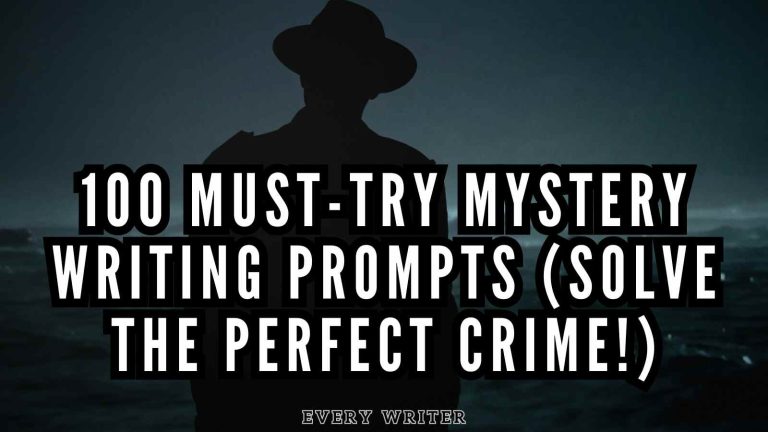Kubla Khan
by Samuel Taylor Coleridge
In Xanadu did Kubla Khan
A stately pleasure-dome decree:
Where Alph, the sacred river, ran
Through caverns measureless to man
Down to a sunless sea.
So twice five miles of fertile ground
With walls and towers were girdled round;
And there were gardens bright with sinuous rills,
Where blossomed many an incense-bearing tree;
And here were forests ancient as the hills,
Enfolding sunny spots of greenery.
But oh! that deep romantic chasm which slanted
Down the green hill athwart a cedarn cover!
A savage place! as holy and enchanted
As e’er beneath a waning moon was haunted
By woman wailing for her demon-lover!
And from this chasm, with ceaseless turmoil seething,
As if this earth in fast thick pants were breathing,
A mighty fountain momently was forced:
Amid whose swift half-intermitted burst
Huge fragments vaulted like rebounding hail,
Or chaffy grain beneath the thresher’s flail:
And mid these dancing rocks at once and ever
It flung up momently the sacred river.
Five miles meandering with a mazy motion
Through wood and dale the sacred river ran,
Then reached the caverns measureless to man,
And sank in tumult to a lifeless ocean;
And ’mid this tumult Kubla heard from far
Ancestral voices prophesying war!
The shadow of the dome of pleasure
Floated midway on the waves;
Where was heard the mingled measure
From the fountain and the caves.
It was a miracle of rare device,
A sunny pleasure-dome with caves of ice!
A damsel with a dulcimer
In a vision once I saw:
It was an Abyssinian maid
And on her dulcimer she played,
Singing of Mount Abora.
Could I revive within me
Her symphony and song,
To such a deep delight ’twould win me,
That with music loud and long,
I would build that dome in air,
That sunny dome! those caves of ice!
And all who heard should see them there,
And all should cry, Beware! Beware!
His flashing eyes, his floating hair!
Weave a circle round him thrice,
And close your eyes with holy dread
For he on honey-dew hath fed,
And drunk the milk of Paradise.
###
Discussion is simple on this one. What the heck does this poem mean? I’m read it hundreds of times, and every time I come to a little different meaning. Just write in the comments your interpretation.
- 8 Authors Who Created Literary Masterpieces Keeping Their Day Jobs - March 31, 2025
- Plotter or Pantser? A Writer’s Personality Quiz - March 30, 2025
- 100 Must-Try Mystery Writing Prompts (Solve the Perfect Crime!) - March 22, 2025







If you’ve read Kubla Khan hundreds of times I’d be eager to hear some of your thoughts. It obviously must touch some fiber somewhere that pulls but doesn’t snap.
Having read it, generously estimated, maybe a dozen or more times, I’m mostly brought back for its and by its brilliantly ringing aural intensity. Sometimes that’s enough in a poem. Sometimes, but not often. Or maybe just not often enough. My intellect needs its hit too. And even in the most abstract language poems there’s usually a flight of fancy in the sounds that carries my thoughts to places unbound from the raw sounds of the language. Otherwise, and why not, just listen to the sounds of the world around us, its cacophonies, euphonies and rhythms. I do.
But Kubla Khan is not a language poem. Even primal and ur. I don’t think a poet, even an established and celebrated poet, could go there in that day. No, nor do I think it’s mere description. A word painting from a dream built on the detritus and residue of the book he was reading as he nodded from his anodyne? A basis, a foundation of that, yes, but then a metaphor and a springboard into more.
What more? Something with more contour than a moor. Broadly speaking, the act of creation. Coleridge has a dream. In his dream is created a reality. Of sorts. Waking, he seeks to re-create the ethereal creation of his dream. In creating the fiction that is his poem which seeks to re-create the imaginative creation of his dream, he spirals into the landscape of his own making and then pulls the camera back to reveal himself as the agent in the act of creation.
Either that or it’s a about sex. Which is an act of creation. Or recreation. And best with a heavy dose of imagination. Yeah, sex, that’ll usually bring me back for another read.
I think I agree with just about everything you said.